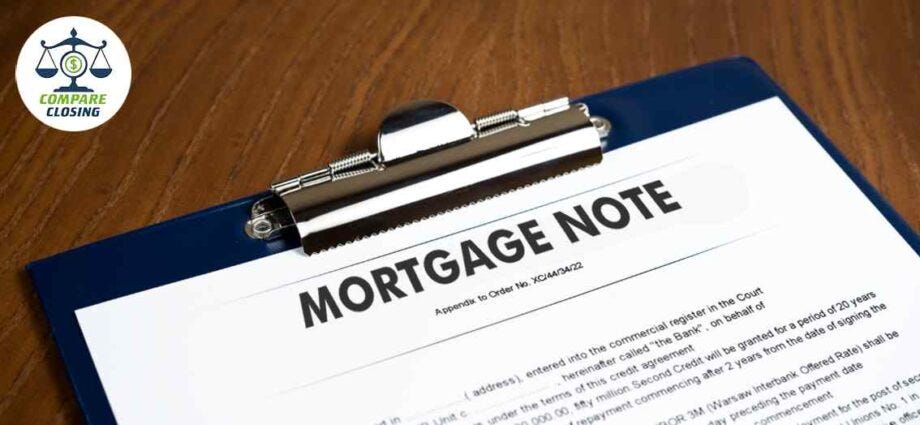
Investing in mortgage notes is an interesting alternative to purchasing properties outright. When you secure a mortgage note you don’t own the property like a hard real estate purchase.
Instead, you take the bank’s place in the transaction and become the borrower’s new creditor.
If you want to earn passive income without purchasing a physical property, mortgage notes are an ideal real estate investment. Every month you will receive income in the form of principal and interest repayments on the underlying mortgage.
You have the choice to hold the note until maturity or resell it in the secondary market so it completely depends on your long-term strategy.
What is a mortgage note?
A mortgage note is used exclusively in real estate transactions it is a promissory note. These mortgage notes do not have any listing in the public record but are legally binding documents.
Once the borrower signs the required documentation and provides the note it is held by the lender until the borrower makes the final loan repayment.
Even if the loan remains outstanding, the lender can sell it in the secondary market.
Mortgage notes are broken down into the following categories:
- Secured: Where an asset of some value collateralizes the loan. So if a borrower is unable to fulfill their repayment obligations, the note holder can confiscate the property.
- Unsecured: Doesn’t hold collateral. These notes come at a cheaper price due to the higher inherent risk.
- Private loan: This is an agreed contract between the borrower and a private investor. In place of a traditional loan the borrower, having a low credit score or history of non-payments chooses a private investor. The interest rate is higher for the added risk.
- Institutional loan: When a financial institution like a bank or credit union makes a standard loan.
How to buy a mortgage note
You can buy a mortgage note from the bank by following the below-mentioned process –
Have a real estate investment plan in place. Know your risk tolerance and if you wish to hold on to the mortgage note or are planning to flip it. Have your goals in place.
Instead of getting from the secondary market choose a bank that sells the debt and this would be more favorable secondary market opportunities for purchasing notes.
Mortgage note tape should be review to evaluate the note’s investment value.
Look at factors like the borrower’s credit score, the number of balance payments, the interest rate, the type, and maturity date should be viewed before price calculation.
Reference Source: Forbes
https://www.compareclosing.com/mortgagenews/all-about-mortgage-note/
Comments
Post a Comment